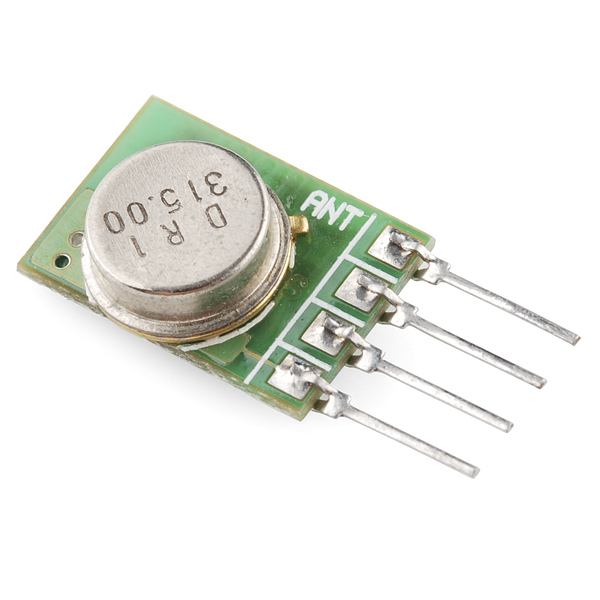4kids49
Taz
- Joined
- Jul 29, 2012
- Messages
- 1,058
- Reaction score
- 2
Hello Chris-
I emailed Com-Spec and asked if the PR-100A receiver can track frequencies of 216-219 MHz and this was his reply:
Hi Andrew, Only the PR-100 Export Version, will cover 216.025 thru 219.080, in 25KHz steps. The US PR-100 version covers 218.025 thru 219.300, in 25KHz steps, as well as the HAM frequencies 222.250MHz thru 223.290, in 20KHz steps.
As I understand, then, the receiver can work with the Marshal transmitter.....I think....yes?
Here is a link to the PR-100A receiver manual. I keep looking this up and keep forgetting the results, but my recollection is that the PR-100A won't get the Marshall transmitters. I could be wrong. Com Spec is great to talk to about the electronics side, but they don't know a lot on the rocket side.
Here is another license-free option for you.
https://www.rocketryforum.com/showthread.php?10403-LL-Electronics-Rocket-Recovery-Transmitters
Stick with transmitters and recievers from the same company. Its false economy to skimp on getting your rocket back.
These are wise words. I did not skimp on my tracking electronics, but I can vouch for the pain of losing an expensive rocket. (Expensive is relative mind you). It has taken me a year on my rocketry budget to replace everything that I lost: two altimeters, custom av bay, chute, protector, 6XL motor, rocket, min. diameter motor retention, tail cone, harness, tracking transmitter, and more, plus all of the time put in making. Imagine the new stuff that I could have gotten with that!





